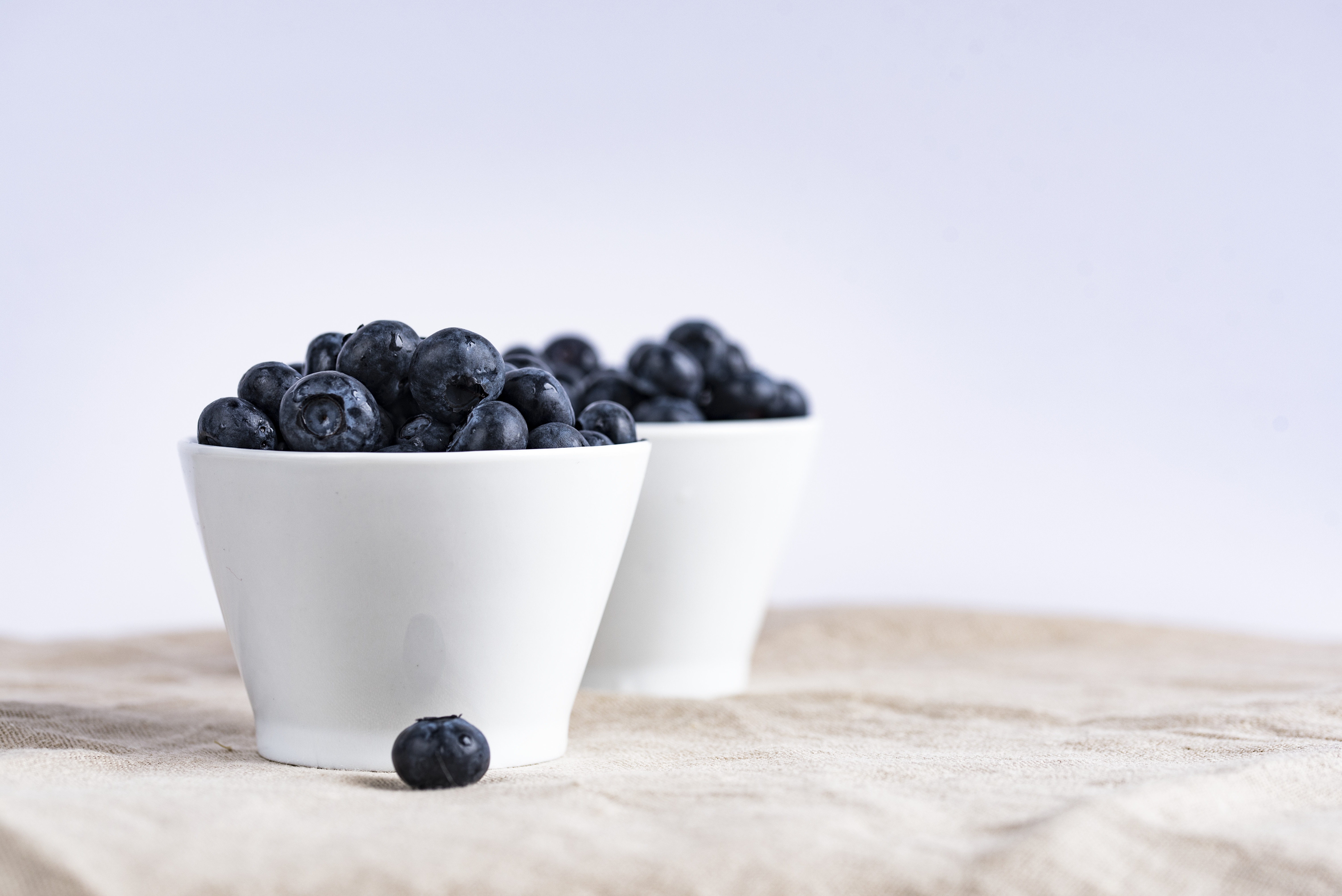
We tend to think that gaining weight is something that happens with ageing, but this isn’t the case. It is, however, really important to monitor your body composition, in other words, your ratio of fat, water, bones, and muscle, as you get into older adulthood, to avoid putting yourself at risk of things like diabetes and other types of metabolic conditions. So here are four things you can do to avoid gaining weight into your 40s.
Firstly, monitor your energy balance (the amount of calories going into the body through food versus the number of calories you’re burning through exercise). If you are less active, and many of us are as we get into adult life because jobs tend to be more sedentary and there is a tendency to have less time for leisure and sport, then it’s important to monitor that balance. If you have less energy being expended, then you need to monitor and reduce the amount of energy that’s going into the body. Take a look at your food consumption and ensure that you’re not eating the diet that you were still eating when you were much more active.
There are a few other things to consider, in terms of exercise, and altering the amount of energy the body is expending to meet your existing intake.
More daily life movement: This could include taking the stairs not the escalator, walking 10,000 steps a day, which can be monitored on a wearable piece of technology.
Moderate exercise: Combine more daily movement with moderate exercise three to five times a week. It could be a light jog or lots of brisk walking.
High intensity exercise: Ideally a couple of times a week, or for just a few minutes daily, but you want to get your heart rate up, get yourself out of breath where conversation would be tricky to have whilst you’re doing it.
Secondly, your metabolism slows down as you get older, so it’s very important, as I mentioned earlier, to review your diet. Specifically, fewer refined carbohydrates and processed foods, and increase your intake of fruit and vegetables. A 2017 study at the Imperial College of London, found that by increasing the daily diet of their participants by two and a half portions of fresh vegetables resulted in the following benefits; a 16% reduction in the risk of heart disease, an 18% reduction in the risk of stroke, a 13% reduction in the risk of cardiovascular disease, a 4% reduction in the risk of cancer, a 15% reduction in the risk of premature death, and higher intakes of vegetables resulted in even greater benefit.
So increasing your diet with fruit, but predominately vegetables, is going to have a huge benefit to your overall health. Also monitoring portion control is important, so put slightly less on your plate for less active days. This not only helps respond to that slower metabolism, but also to the energy balance issue.
The third area to consider is stress management. Typically we tend to feel more stress as we get older and this is perhaps because we have mortgages, we have kids, we have more senior or stressful jobs, we have less leisure time, and we possibly have ageing parents and more dependants. An increase in stress produces more of the hormone cortisol, and can result in two things. Firstly, it can cause us to overeat, but secondly, increased cortisol levels in the body can instruct the liver to release glucose (preparing us to meet a threat basically), even though that threat may not be physical, it may be deadlines and pressures and financial constraints. This in turn puts us in the state where we’ve got lots of glucose in the blood and that’s not a healthy thing.
Therefore, managing stress is an important point. You can do this through meditation and mindfulness, making sure you get the right amount of sleep and exercise (the appropriate type and intensity). Also, prioritise ways of recovering after exercise and incorporating some relaxation; meditation is one example, along with reading. These are what we call a form of heartfulness, which is doing something for your soul every now and again. Whether it’s sitting quietly with a book, going for a walk, generally reconnecting with what’s important to you.
Finally, hormones, particularly for women who are reading this. As women hit their 40s, they can potentially start to move into the perimenopausal stage, although this can start a little earlier or later in life. At this stage three things happen; our oestrogen levels drop, which means that the body has a propensity towards storing fat, so that could then result in weight gain. Our progesterone levels also dip, and that can cause bloating and water retention. Also, our insulin sensitivity increases, which is why it’s so important to monitor diet when you’re perimenopausal because you could be in a state where you have high levels of insulin, which can also cause weight gain.
Bodyshot Body Composition Package
We have brought together everything you need to optimise your body composition, in one package. The Body Composition Package includes the DNA test for diet and fitness combined with a non-invasive blood test panel for 7 key markers including thyroid, lipids (fats), vitamin B12 and HbA1c (diabetes).
Once we’ve received the results of your DNA and blood test, we arrange a suitable time for the consultation which takes place online and lasts approximately 60 minutes. In the consultation, we analyse your results, explain what everything means and draw up a personalised action plan.
Our Body Composition Package includes an eBook that talks you through the Body Composition Signal and gives you loads of tips, information and a resource you can keep coming back to. The eBook is a concise summary of everything we’ve learned from the hundreds of clients we’ve helped to optimise their body composition.
What you get:
- DNA test for diet and fitness
- Custom Blood Panel
- eBook
- 21 Day Course of Goat Milk Kefir
- Consultation with a Health Expert
If you would like to find out more about this package click here.
What’s your Health IQ?
If you’re reading this, you’re are probably in a reasonably senior position, running your own business or have a busy life running the home and juggling other responsibilities. Either way, you’re busy. The convergent pressures of work and family life have probably meant that the time you did have to spend on health and fitness has disappeared. Why not talk to us and see how we can help.
Leanne Spencer is an entrepreneur, coach, TEDx Speaker, author of Remove the Guesswork, and founder of Bodyshot Performance Limited. Bodyshot is a health and fitness consultancy that helps busy professionals get more energy by removing the guesswork around their health, fitness and nutrition. Visit www.bodyshotperformance.com or email info@bodyshotperformance.com to register your interest in our services and connect with us on Facebook, Instagram and Twitter.

